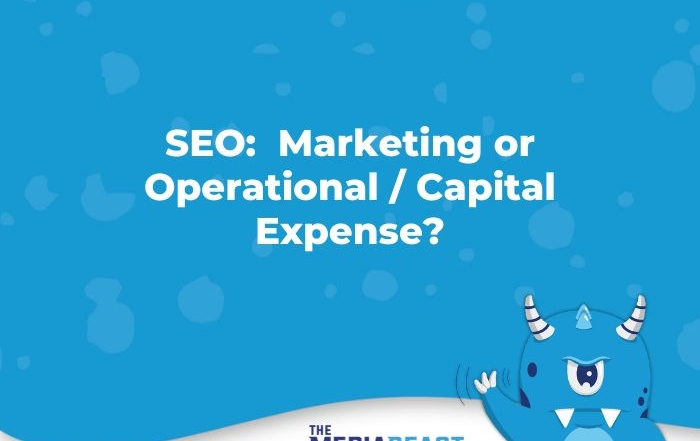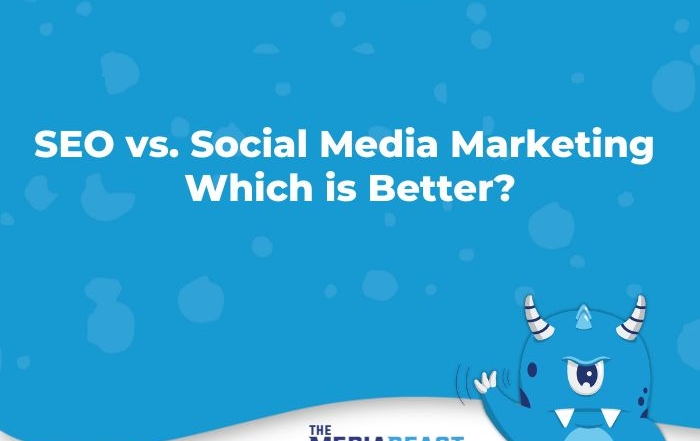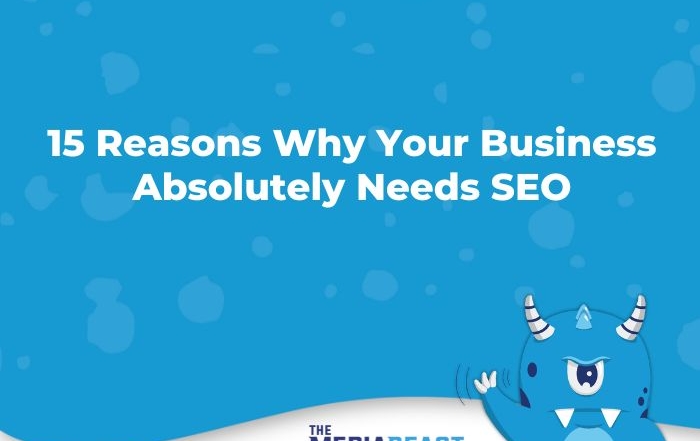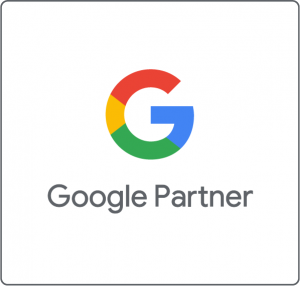Attribution-Savvy Brands Consolidate Offsite Retail Media Buys
ALREADY, 74 PERCENT OF BRANDS SAY THEY HAVE DEDICATED BUDGETS FOR RETAIL MEDIA NETWORKS, AND THESE NETWORKS NOW RANK FIFTH IN TERMS OF BUDGET ALLOCATION, BEHIND DIGITAL VIDEO, PAID SOCIAL, DIGITAL DISPLAY, AND PAID SEARCH.
The majority of brands (89 percent) are reporting they’re satisfied with the retail media networks they use. Currently, 48 percent of brands are already spending between 10 and 19 percent of their digital ad budgets on retail media. Given that level of potential investment, a long and growing list of major retailers have entered the advertising business, selling both ad space on their own ecommerce sites, as well as unleashing their shopper data to the brands who sell in their stores. The list of pioneer retail media companies includes early entrants such as Walmart, Kroger and Target, as well as more recent contenders including CVS, The Home Depot, Albertson’s, Tesco and Carrefour. If there is an obstacle in the way of this attribution rich future, it’s that there are so many new players in retail media, each with their own product sets.

Currently, 55 percent of those marketers surveyed employ three or more retail media networks, and the list of options is only growing. 34 percent see the “availability and fragmentation of retail sales data” as a marketing challenge. For marketers wanting to take full advantage of retail media’s potential for reshaping attribution, and their overarching strategies for guiding consumers through the purchase funnel — or true “closed-loop marketing” — managing across retail data environments will be key.
The most attribution-savvy brands will likely look to bring various networks’ data sets together to fully realize this sector’s potential. Thus, expect brands to look to consolidate their offsite retail media spend on a single buying platform that unifies these data sets, expands reach, enables them to control the frequency of messages, and optimize towards what’s driving sales. This becomes more pressing for brands as they execute an increasing share of their digital campaigns programmatically. Almost three quarters (73 percent) of those brands surveyed said that they run more than 40 percent of their campaigns programmatically via a demand side platform.

SEO: Marketing or Operational / Capital Expense?
Any business that leverages their online presence to grow their business must pay attention to search. If you don't think so than you're probably not going to be in business very long or [...]
SEO vs. Social Media Marketing – Which is Better?
With online marketing, there’s a debate raging among experts over which strategy is best to grow your business. Would SEO or social media marketing be the better option? Often, businesses will hire an SEO [...]
15 Reasons Why Your Business Absolutely Needs SEO
Brands need SEO first, as it is the most viable and cost-effective way to both understand and reach customers in key moments that matter. This year, the need for SEO rose to an all-time high. As consumers [...]






